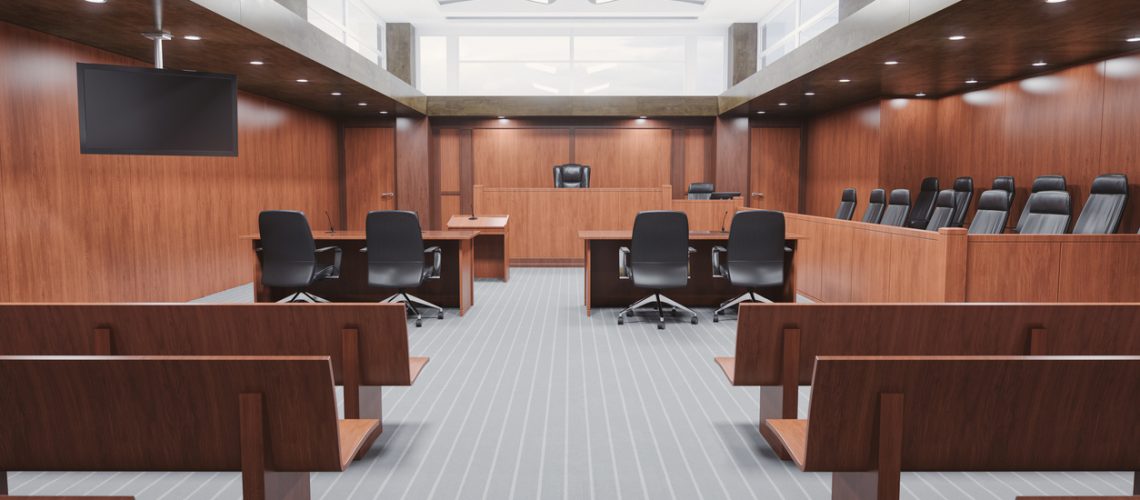There are three types of court-martial: general, special, and summary. Therefore when it comes to who is legally allowed to convene a court-martial, it depends upon which type is in question.
General Courts-Martial
When it comes to general courts-martial, which are reserved for the most serious offenses, there are a number of government officials that may convene one such as the President of the United States, the Secretary of Defense, and the secretaries of each military branch.
Generally, though most general courts-martial are convened by commanding officers such as one’s own commanding officer, a fleet commanding officer, a military group, division, or other recognized military group. The U.S. President and the secretary of your military branch can instead choose to designate a commanding officer to convene a general court-martial.
However, it should be understood that commanding officers that are involved in an accusation relating to the general courts-martial may not be the one to convene it. In those situations, the commanding officer’s superiors will be in charge of convening it. Those who are legally able to convene a general court-martial also have the power to convene a special courts-martial or a summary courts-martial.
Special Courts-Martial
As previously stated, those who are legally able to convene general courts-martial also have the power to convene special courts-martial. Numerous commanding officers (COs) have the right to convene special courts-martial:
- COs of naval or Coast Guard bases, stations, vessels, and shipyards;
- COs of Marine brigades, detached battalions, regiments, and corresponding unites;
- COs of Marine barracks, groups, wings, stations, separate squadrons, bases, and airfields with on-duty members of the Marine Corps;
- COs of brigades, detached battalions, regiments, and corresponding Army units; and
- COs of groups, wings, or separate Air Force squadrons.
Those involved in the case as accusers are prohibited from convening special courts-martial as well.
Summary Courts-Martial
As stated, any individual who can convene a general- or special court-martial can also convene a summary court-martial. The following commanding officers can also convene summary courts-martial:
- COs of detached companies or other detachments of the Army; and
- COs of detached squadrons or other detachments of the Air Force.
The Court-Martial Law Division of Aviso Law LLC Helps Military Members in Colorado Who Have Been Charged with a Crime
The U.S. Government has an interest in obtaining a conviction as soon as possible, as it does not wish to gain negative publicity about one of its service members. That is why it is so important to consult with a knowledgeable and experienced military attorney as soon as possible.
If you are a military service member and have been charged with a crime under the UCMJ, the Court-Martial Law Division of Aviso Law LLC can help. We proudly serve our military members, who sacrifice so much for our country. To learn more or to schedule a free consultation, contact us today!


